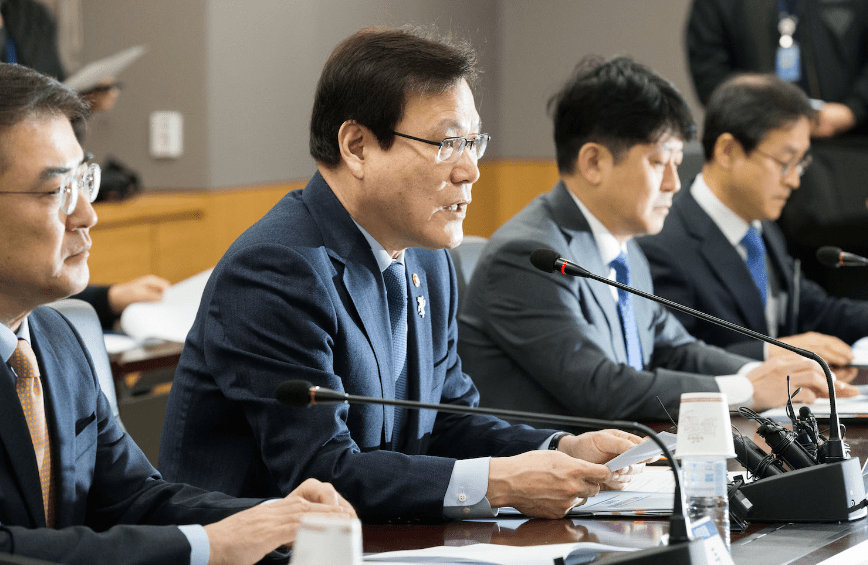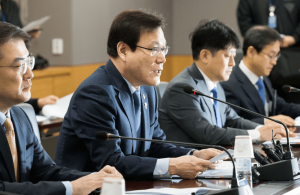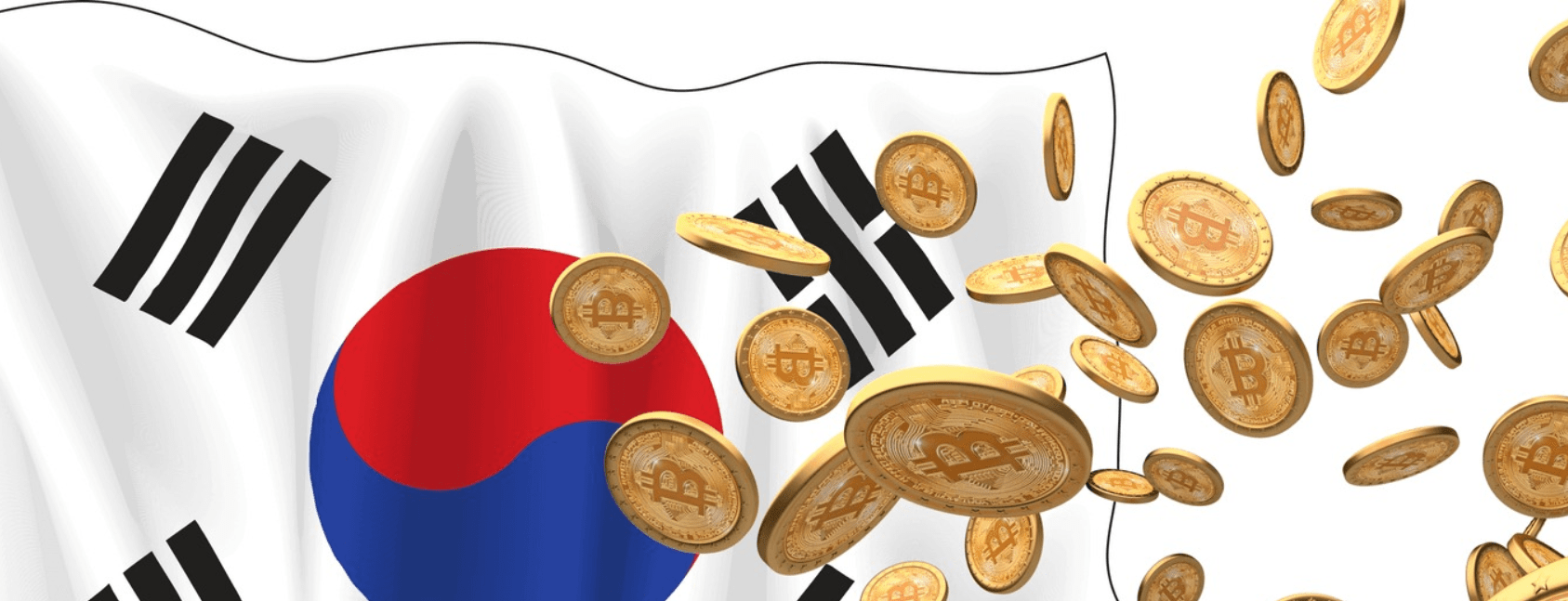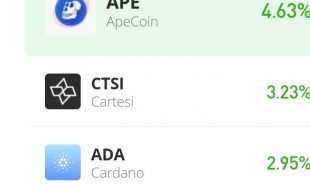Join Our Telegram channel to stay up to date on breaking news coverage
Due to the unexpected collapse of the TerraUSD (UST) and its sister token, Terra LUNA (LUNA), South Korean lawmakers have taken the reign into their own hands. The main motive for introducing such guidelines is to protect the investors against the risks of crypto investments.
Buy LUNA (now LUNC) via eToro Now
Your capital is at risk.
Terra Crash’s Relation with South Korea’s Move
Terra is a blockchain that uses fiat-pegged stablecoins to fuel a payment system. It was invented to help keep the value of the offered coins stable.
For this purpose, Terra introduced two stablecoins named UST and Luna, through which the public could invest their money. The payment process of this Terra is a bit different from other crypto-currency networks. It includes buying and selling of these two stablecoins i.e., UST and LUNA to ensure that if the value of UST falls, LUNA can back it up.
Terra was one of the most trusted blockchains of all time. The unexpected fall in the value of these stablecoins shook the whole crypto-currency market. This fall kicked off in the month of May when the large investors of UST and LUNA started selling their holdings leading to a huge fall in their prices.
As of now, the founder and in charge organization have launched LUNA 2.0 coin to offset with new hopes. You can read our detailed coverage on LUNA 2.0 and understand whether you should invest in it or not.
Your capital is at risk.
South Korea to Introduce ‘Self-Regulatory’ Guidelines
Cryptocurrency is a digital currency that is not regulated or reliant on any central authority like the government. But due to the ugly incident of the collapse of UST and LUNA coins, the South Korean government, like the Japanese government is taking the reign into their own hands.
The lawmakers are looking forward to introducing a ‘self-regulatory’ system to prevent a repeat of such incidents. South Korean officials have reached a consensus on the regulation of digital assets in the crypto space. Policymakers in the country are encouraging the introduction of a ‘self-regulatory’ system to control the consequences of poorly created projects like this Terra.
The banking regulators have encouraged all exchanges to develop listing and delisting standards for cryptocurrencies. By mandating that all cryptocurrency exchanges develop rules for listing and delisting tokens, the country’s regulators want to shield investors from hazards inherent to the blockchain-based economy.
The leader of the ruling party’s Virtual Asset Committee, Mr. Yun Chang-Hyun, called for a meeting scheduled to be held on 13th June 2022. In the said meet, he’ll bring on board South Korean exchanges including Upbit, Bithumb, Coinone, Korbit and Gopax to sign off a draft of the said guidelines. This will boost transparency and prevent money laundering, insider trading and other illegal activities.
Is South Korea the Only Country to Take Such Actions?
No, South Korea isn’t the only country to take such actions for the regulation of crypto space. Stricter actions have been taken by the governments of Japan and the U.K. Japan has passed a stablecoin regulation bill to guard the investors and also mandates the linking of such digital money to a legal tender like yen, rupees etc.
Your capital is at risk.
Also, the U.K. has also proposed amendments to manage crypto companies including the stablecoin issuers. Overall, as the Crypto space is still in its incipient or beginner phase, the effect of these guidelines would be exciting to note in the future.
Read More:
- Here are the Best Altcoins to Buy in 2025
- How to Buy LUNA Coin (now LUNC) with the Lowest Fee
- South Korea Passes New Cryptocurrency Law
Join Our Telegram channel to stay up to date on breaking news coverage



